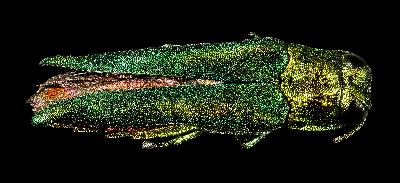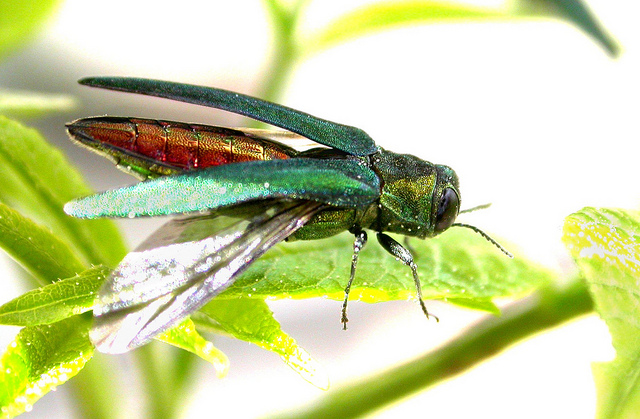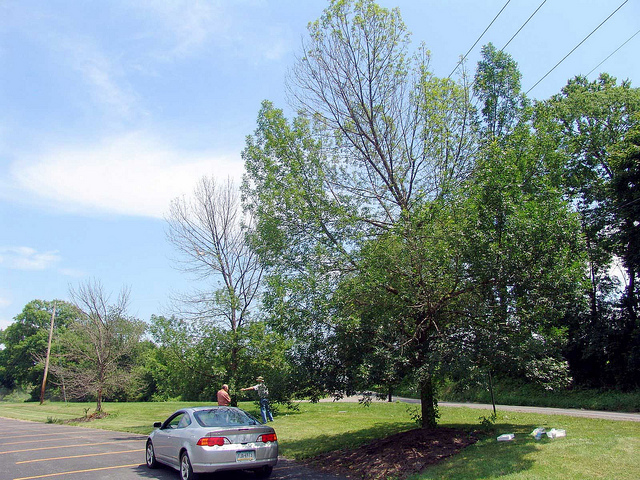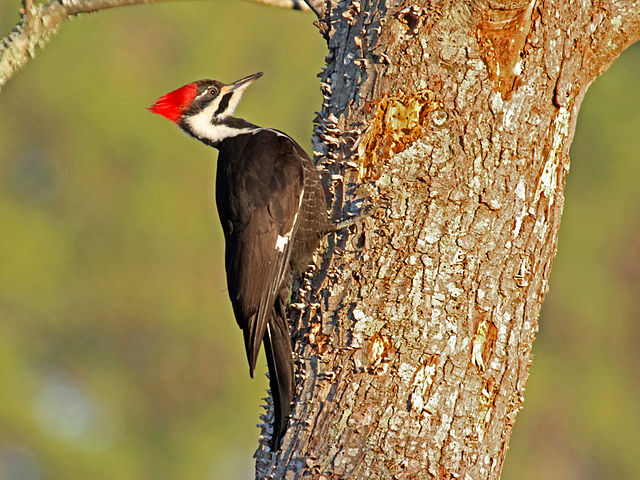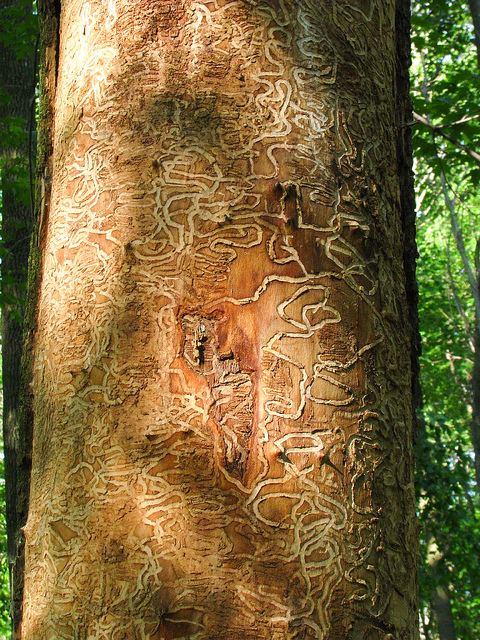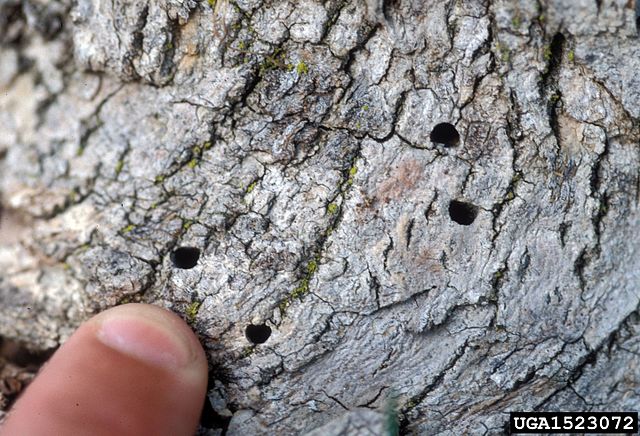The Emerald Ash Borer also known as Agrilus planipennis is a jewel beetle. Jewel beetles are known for their vibrant metallic colors. The Emerald Ash Borer has a glossy olive green color. Jewel Beetles and Jewel Bugs are different and do not get confused with them.
Where is he found? Tell me more
The Emerald Ash Borer is native to eastern Asian countries like Russia, Japan, China and Korea. It feeds and survives on ash trees. On these trees, the females lay eggs in the bark. The larvae then feeds on the bark of the trees for two or three years till it reaches its adulthood. Normally in their native environment, these beetles are pretty calm and do not cause much tree damage. But, if it is found in a different environment (non-native environment), it causes havoc and makes a significant damage to the trees.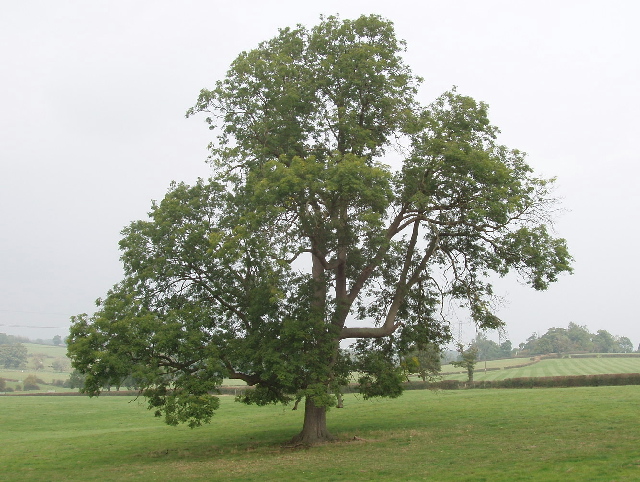
What went wrong and what is happening now?
In 2002, it was found out that shipment of multiple goods arrived in the American continent. This shipment had wooden packing materials which had arrived from Eastern Asian countries. This packing material is suspected to bring the Emerald Ash Borers to the American continent.
The adult EAB(Emerald Ash Borer)’s larvae grows and feeds the inside of the bark.
This disturbs and destroys the action of sending the water and nutrients to the whole tree. Once an adult tree is infected, it takes around 4 years for the symptoms to show up. The tree goes blonde. The outer bark starts to go loose which results chipping. Then the horror is revealed where you find multiple tunnels in S shape. And until this point, it is very late to quarantine and save the tree.
Not a single Ash tree is saved if it comes in contact with the EABs. It takes almost four years for a fully grown adult tree to die.
As of today, the EAB has reached eastern half of the states in USA and same in Canada where the EAB is declared as a pest. It has destroyed more than millions of Ash trees and the number is rising.
Government is trying to improvise and bring this apocalyptic situation under control by educating people on the symptoms and conditions of the infected trees. Most of the trees are in private properties compared to public lands. It is our responsibility to go through the Ash trees in our backyard and keep a check. If found one, you should report the same to the authorities mentioned here.
Whats next? How should I know if my tree is affected?
My tree is not affected?!
If it not infected, the tree can be protected by giving the bark injections which kills the larvae.
Just take care while carrying firewood anywhere. The larvae might be present and it might spread.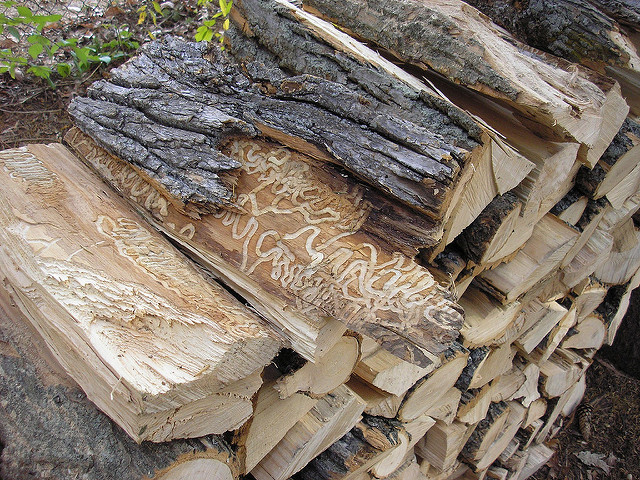
Here are few useful videos you must have a look at
Images inputs from Wikipedia and Flickr.
